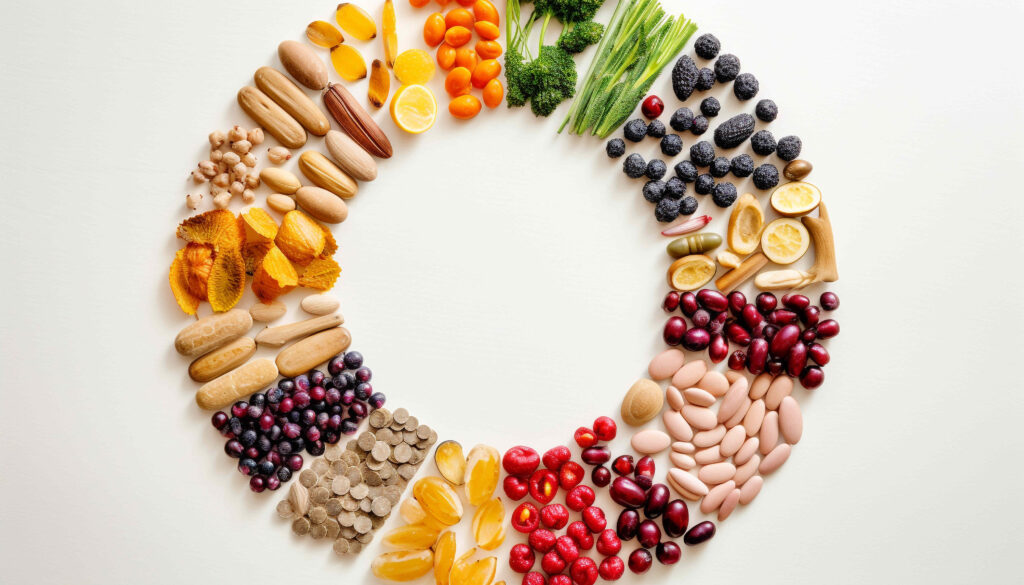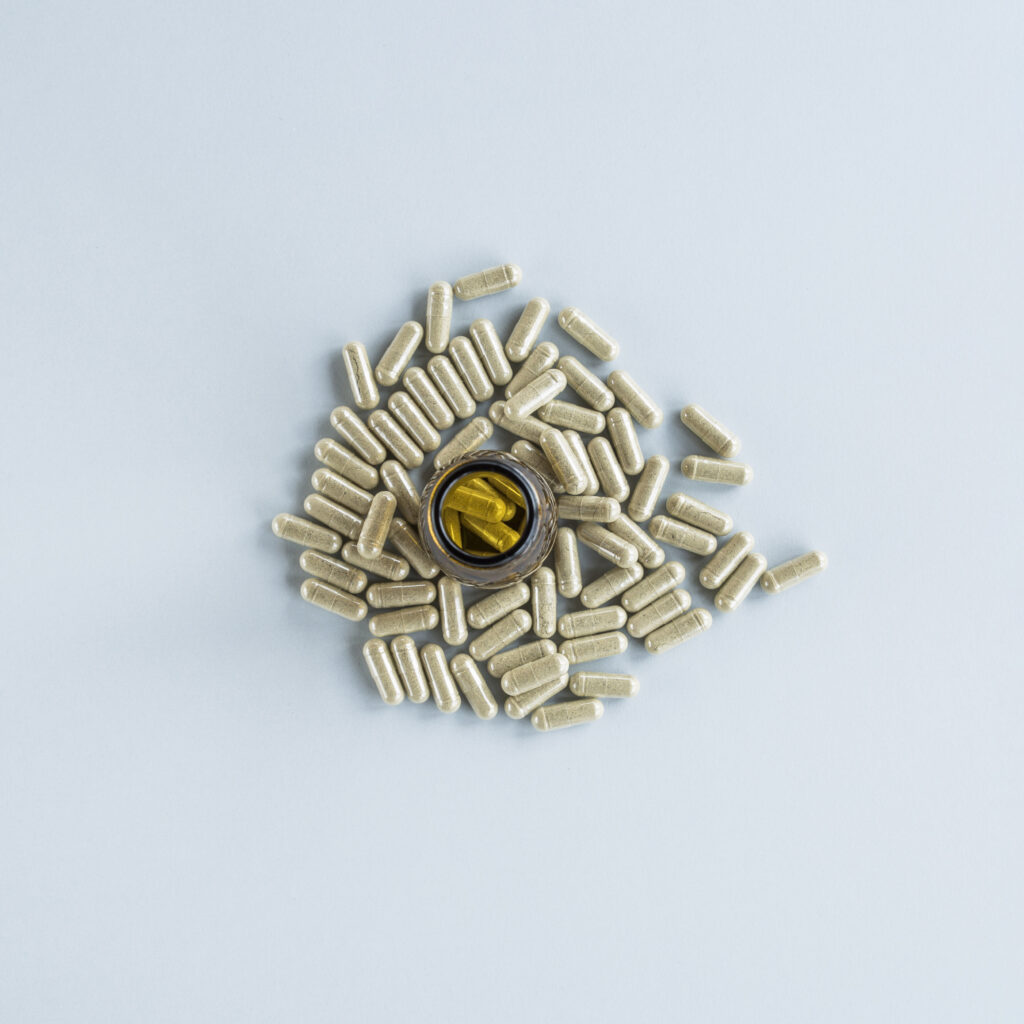What Does Fiber Do for the Body and How Probiotics Support Its Benefits?

Fiber plays an essential role in maintaining overall health and wellness. Often celebrated for its digestive benefits, fiber is a crucial component of a balanced diet, helping to prevent constipation, regulate blood sugar levels, and improve heart health. When combined with probiotics, the beneficial bacteria in the gut can work synergistically with fiber to optimize digestive and overall health.
What is Fiber and Why Does It Matter?
Fiber is a type of carbohydrate that the body cannot digest. Unlike other carbohydrates, fiber passes through the digestive system relatively intact, which is why it is so essential for digestive health. There are two main types of fiber:
- Soluble fiber: This type dissolves in water to form a gel-like substance. It can help reduce blood cholesterol levels and regulate blood sugar.
- Insoluble fiber: This type does not dissolve in water and helps to add bulk to stool, promoting regular bowel movements and preventing constipation.

How Fiber Supports Digestive Health
Fiber’s primary function in the body is to support the digestive system. Insoluble fiber adds bulk to stool, which helps prevent constipation by facilitating easier passage through the intestines. Soluble fiber, on the other hand, slows digestion and absorbs water, helping to maintain a smooth, regulated flow of waste through the digestive tract.
A diet high in fiber is often recommended for individuals who suffer from conditions such as constipation, diverticulosis, and irritable bowel syndrome (IBS). Fiber also supports a healthy gut microbiome, providing a food source for beneficial bacteria that reside in the intestines.
The Role of Probiotics in Fiber’s Benefits
Probiotics, or “good bacteria,” are microorganisms that can be consumed through food or supplements. They work in harmony with fiber, especially in the gut. Probiotics help balance the gut flora, which can improve digestion and enhance the overall health benefits of fiber.
When probiotics are taken alongside fiber, they can help:
- Improve digestion: Probiotics enhance the breakdown and absorption of nutrients, including those found in fiber-rich foods.
- Reduce inflammation: Fiber, combined with probiotics, helps manage inflammation in the digestive tract, supporting gut health.
- Enhance gut barrier function: Probiotics strengthen the gut lining, preventing harmful substances from leaking into the bloodstream, a condition known as “leaky gut.”

Probiotics and Their Effect on Gut Health
The gut microbiome consists of trillions of bacteria that play a critical role in digestion, immunity, and even mental health. Probiotics contribute to a balanced microbiome by introducing beneficial bacteria that can improve the diversity and quantity of gut bacteria. When combined with fiber, probiotics help break down food more effectively, enhance nutrient absorption, and regulate bowel movements.
In addition to their digestive benefits, probiotics have been shown to help prevent the overgrowth of harmful bacteria, which could otherwise lead to conditions like bloating, gas, and other gastrointestinal discomforts. By promoting the growth of good bacteria, probiotics work to maintain a healthy balance in the gut, helping individuals feel more comfortable and healthy.
By incorporating Bioma probiotics into a fiber-rich diet, individuals can experience improved digestion, reduced bloating, and better overall wellness. Bioma’s probiotics are scientifically selected for their ability to thrive in the digestive system, ensuring that fiber and beneficial bacteria work together effectively to maintain a healthy gut microbiome.

Benefits of Fiber-Rich Foods and Probiotics
Fiber is naturally found in many whole foods, particularly fruits, vegetables, whole grains, and legumes. Some of the best sources of fiber include:
- Fruits like apples, pears, berries, and oranges
- Vegetables such as carrots, broccoli, spinach, and kale
- Whole grains like oats, quinoa, and barley
- Legumes including lentils, chickpeas, and beans
Incorporating fiber-rich foods into your diet provides a natural source of prebiotics that feed the good bacteria in your gut, further enhancing the benefits of probiotics.
How to Incorporate Fiber and Probiotics into Your Daily Routine
To experience the full benefits of fiber and probiotics, aim to include both in your daily diet. Here are a few tips for getting started:
- Start your day with a high-fiber breakfast: Try oatmeal with chia seeds, or a smoothie with spinach and berries.
- Include fiber-rich snacks: Choose whole fruits, nuts, or veggies with hummus as easy snacks throughout the day.
- Take probiotics regularly: Consider adding a daily probiotic supplement, such as Bioma Digestive & Gut Repair, to support your gut health alongside fiber-rich meals.
Fiber and Probiotics: Key Pillars
Fiber is an essential nutrient that provides numerous health benefits, from supporting digestive health to improving heart and brain function. When combined with probiotics, fiber’s benefits are enhanced, helping to balance the gut microbiome and improve overall well-being. By including a variety of fiber-rich foods in your diet and incorporating high-quality probiotics, you can optimize your health and wellness.
Related articles



